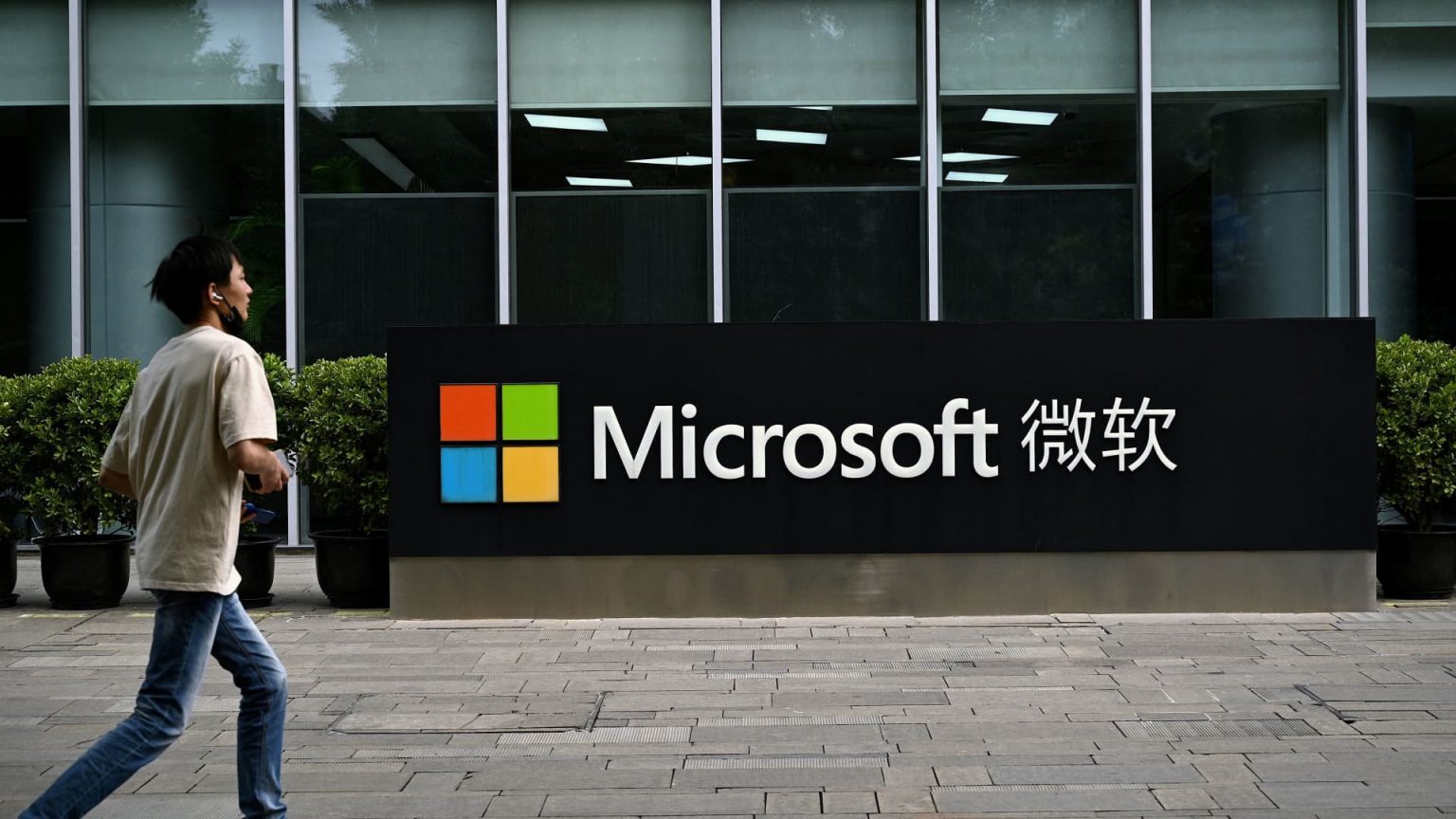Microsoft has reportedly asked China-based cloud computing and artificial intelligence employees to consider relocating out of the country due to the U.S. cracking down on Beijing’s access to advanced technology. The Wall Street Journal reported that Chinese engineers were offered the opportunity to transfer to countries such as the U.S., Ireland, Australia, and New Zealand. While Microsoft confirmed offering internal transfer opportunities to a subset of employees, details on the number and affiliation of affected staff were not provided. With roughly 7,000 engineers in its Asia-Pacific research-and-development group, most of whom are based in China, the potential transfers are not expected to impact operations.
The move comes as the U.S. aims to curb China’s development of cutting-edge AI technology that could be used for military purposes. Recent restrictions have limited China’s access to advanced chips and chip-making equipment necessary for training AI models. The Biden administration is now considering new controls on the export of advanced AI models, such as the ChatGPT language model backed by Microsoft. The U.S. fears that AI models could be used for cyber attacks or to create biological weapons and is looking to prevent companies like Microsoft from selling AI services to foreign entities without oversight.
Earlier this year, Microsoft released a report indicating that state-backed hackers from Russia, China, and Iran had been using tools from OpenAI to improve their skills and support hacking campaigns. Despite increasing concerns about cybersecurity, Microsoft has maintained a strong presence in China for over three decades, with the country hosting its largest R&D center outside of the U.S. The company’s commitment to operating in various markets remains steadfast, even as Western tech companies face challenges navigating China’s strict regulatory environment.
As one of the leading players in cloud computing and AI, Microsoft’s decision to relocate Chinese employees highlights the growing tension between the U.S. and China over technological advancements. The U.S. is seeking to prevent China from accessing critical AI technology and is considering additional restrictions on the export of advanced AI models. While details about the potential transfers remain scarce, Microsoft’s move reflects the broader geopolitical dynamics impacting technology companies operating in China and other markets.
In the face of mounting cybersecurity threats and geopolitical challenges, technology companies like Microsoft are navigating complex regulatory environments while balancing commitments to innovation and global operations. The potential relocation of Chinese employees underscores the evolving landscape of AI technology and the increasing scrutiny surrounding its potential applications. As the U.S. seeks to maintain a competitive edge in the AI space, companies like Microsoft are faced with difficult decisions about how to navigate international markets and regulatory constraints. Moving forward, Microsoft and other tech giants will continue to grapple with the ongoing tensions between national security concerns and the global expansion of AI technology.


